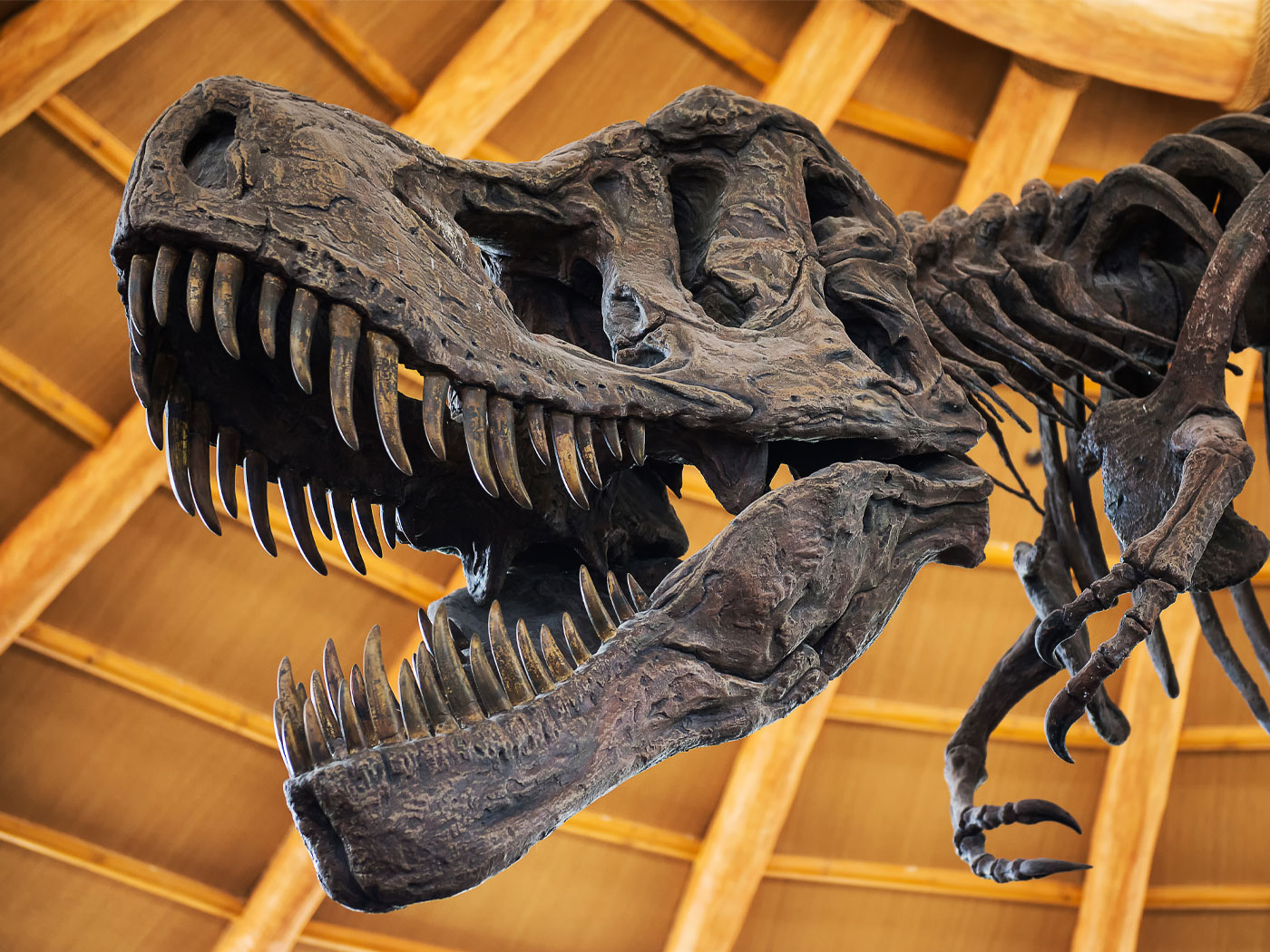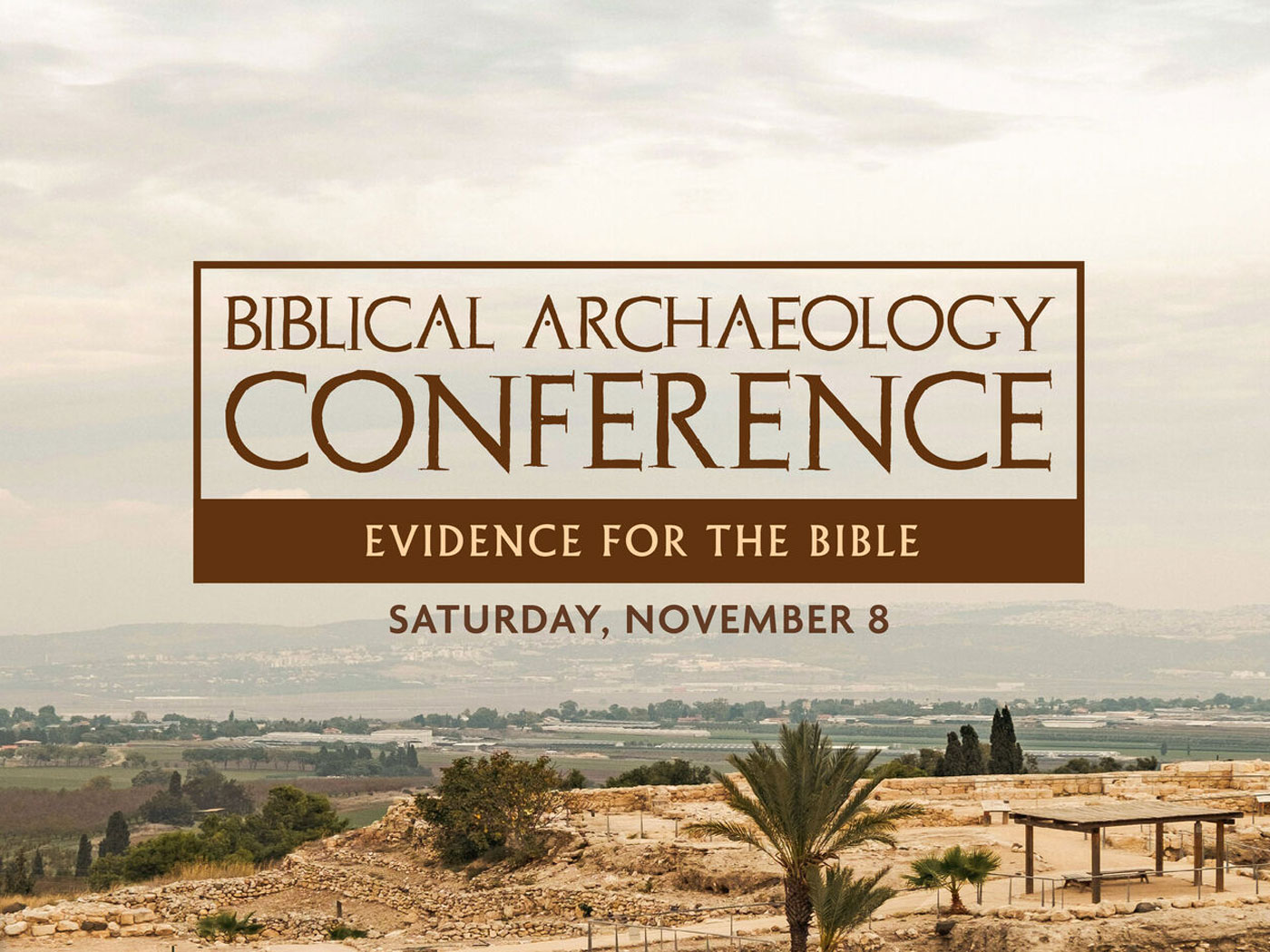The Lord Howe tree lobster (actually an insect) was thought to have gone extinct around 40 years ago when rats were introduced to the lone island that housed them off the coast of Australia. The insects were rediscovered on a nearby island in 2001 and in a recent analysis of stick insects, evolutionary researchers found significant DNA sequence differences between the three tree lobster groups. They calculated, assuming evolution and its time scales, that the Lord Howe tree lobster was over 20 million years old.1
Confusingly, however, the Lord Howe Island home of the tree lobster has been dated by geologists at only about seven million years—13 million years younger than its namesake insect. The scientists proposed a solution to this puzzle in Proceedings of the Royal Society B.2 According to their theories, these insects evolved on a series of now sunken volcanic islands. When an older island eroded and submerged, the insects migrated to the next one in the chain, eventually arriving on Lord Howe Island, which is the most recently formed. This hypothesis assumes that the now sunken volcanic peaks were once former islands that existed for long time spans, and also assumes that genetic differences between the tree lobster groups were formed by mutations over vast eons. But neither of these assumptions is supported by observation—only by conformity to the evolutionary view.
Conflicting evolutionary dates between disciplines like those in this news report,3 as well as within a discipline,4 are the rule rather than the exception.5 In geology, they are called discordant dates and unexpected or undesirable results are ignored or are filed away for future consideration. In biological sequence homology studies, the conflicting dates are routinely scrubbed out in practice, as a manual for producing such sequences describes: “When conflicts with that assumption occur (and they often do), they are explained by ‘reversal,’ ‘convergence,’ or ‘parallelism’….[These
The conflicting ages given for the Lord Howe tree lobster and its habitat adds to a growing list of reasons to doubt the façade of the evolutionary time scale. In its place, an even more scientifically sound history—one not so riddled with contradictory dates—is the one given to us by the Creator in Genesis. In this model, the tree lobster, a large, ground-dwelling insect (easily captured for prey), found a haven from predators on the post-Flood Lord Howe Island only thousands (not millions) of years ago.
References
- Coelho, S.Ancient Insect Hails from Sunken Island. ScienceNow Daily News. Posted on sciencenow.sciencemag.org on December 17, 2008, accessed December 24, 2008.
- Buckley, T. R., D. Attanayake and S. Bradler. Extreme convergence in stick insect evolution: phylogenetic placement of the Lord Howe Island tree lobster. Proceedings of the Royal Society B: Biological Sciences. Published online December 16, 2008.
- Thomas, B. Cambrian Clash: Fossils and Molecular Clocks Disagree. ICR News. Posted www.icr.org on October 20, 2008, accessed December 22.
- Austin, S. A. 1992. Excessively Old "Ages" For Grand Canyon Lava Flows. Acts & Facts. 21 (2).
- Woodmorappe, J. 1979. Radiometric Geochronology Reappraised. Creation Research Society Quarterly. 16 (2): 102-129.
- Hall, B. 2007. Phylogenetic Trees Made Easy. Sunderland, MA: Sinauer Associates, 78.
Image Credit: Thomas Reischig
* Mr. Thomas is Science Writer.
Article posted on December 30, 2009.













